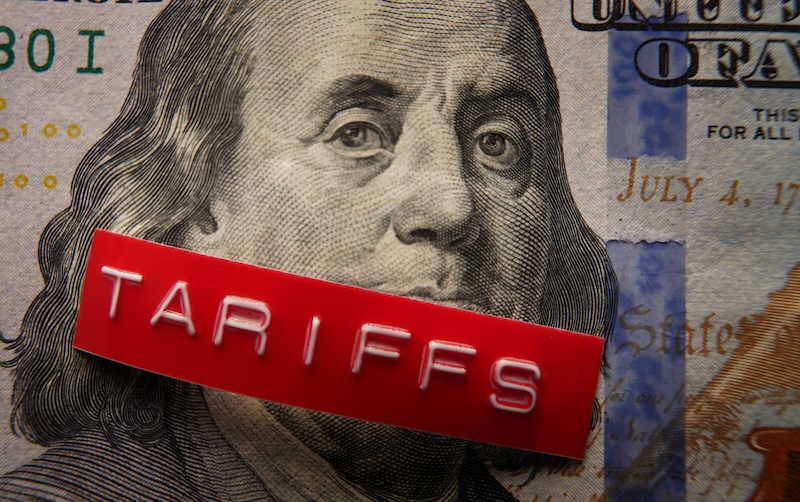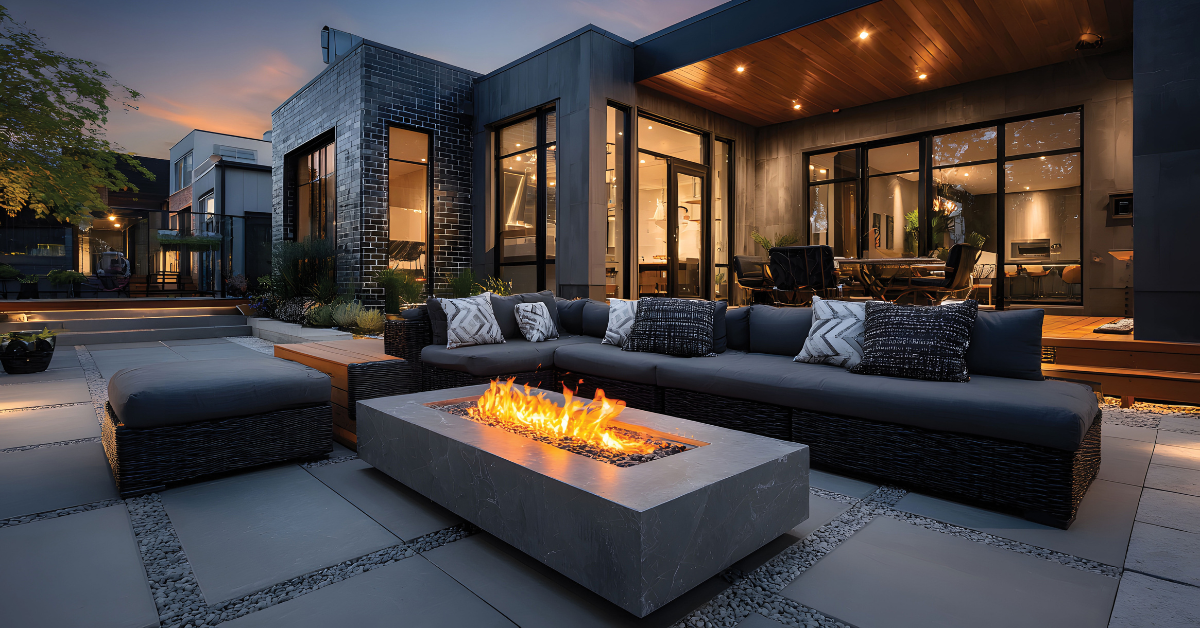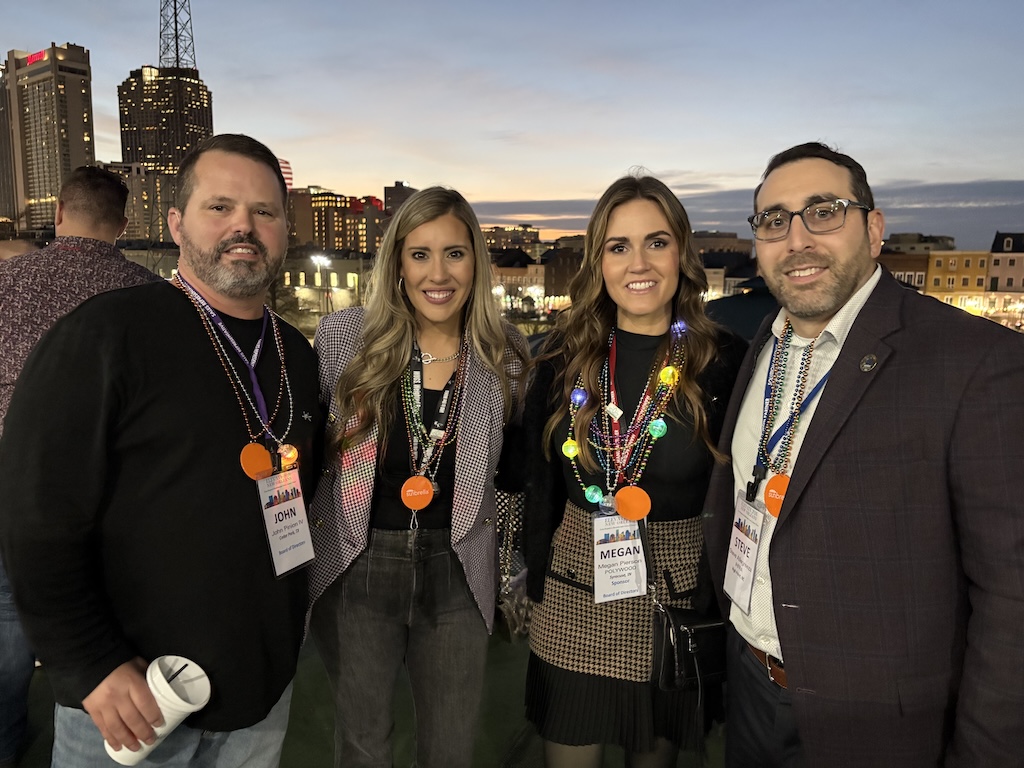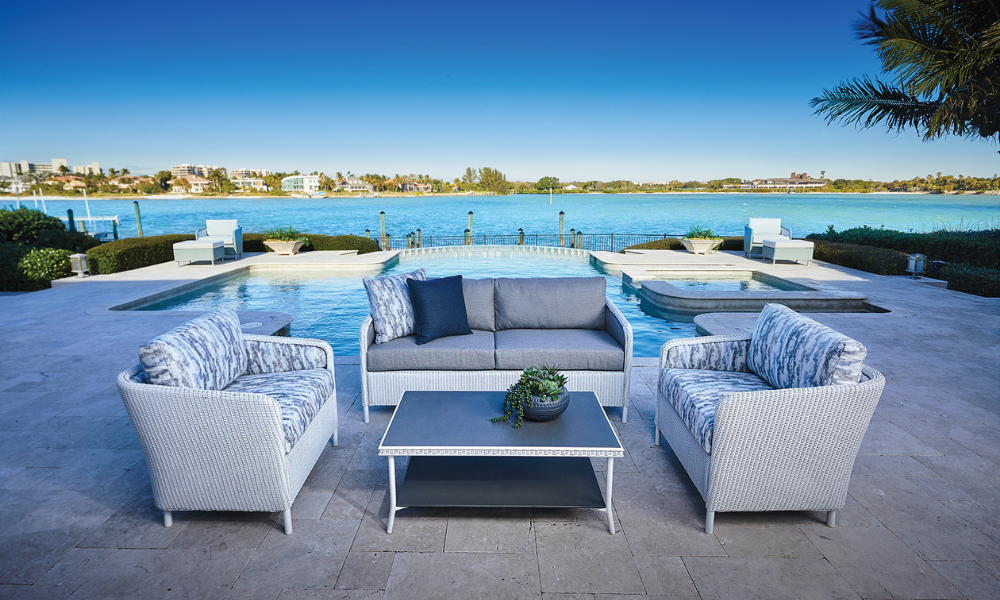For as long as the outdoor category has been around, it’s been a seasonal business. In fact, it’s the main reason the industry worked together to create the early buy.
Manufacturers needed to do business year-round in order to retain their talented workers and the in-season demand needed to be balanced, so retailers and manufacturers worked together to form the early-buy concept.
But now, as the casual category has skyrocketed in popularity because of Covid and a new buying generation that has a deeper connection with the outdoors, will the category continue to be only seasonal?
That’s a question we asked several industry insiders, and their answers shed light on the future of the category.

“The seasonality of the industry definitely changed during Covid, but how much of that was a bona-fide trend and how much due to the extraordinary circumstances is yet to be seen,” says Leisa McCollister, vice president of marketing for O.W. Lee. “The last few years have made it hard to predict almost anything. We are still seasonal in some parts of the country and with some business models, but not so much anymore in others. The curve is definitely flatter, but it’s still there.”
However, seasonality has everything to do with weather, and in some parts of the country outdoor has almost always been a year-round category.
“While outdoor furniture is traditionally seen as a seasonal category, our experience in Florida, our home and testing ground, tells a broader story,” says Allen Calzadilla, CEO of Pelican Reef. “In Florida, we enjoy a year-round market, although sales peak from November to April when ‘snowbirds’ arrive.”

And over the years, Bryan Echols, senior vice president of sales and marketing at Lloyd Flanders, says one of the biggest differences he’s seen when it comes to seasonality is that the off-season is much shorter and not as abrupt.
“When I first started in the business we had dealers that were full-line furniture dealers and fireplace stores who would take the outdoor product completely off the floor in the off-season,” Echols says. “There are always going to be ebbs and flows in seasonality, but it’s much less dramatic than it was.
Of course, this conversation can’t be had without discussing the early buy and its potential future. Some have questioned if the early buy will go away completely, but others, like Mark Bottemiller, national sales manager for Ebel, don’t think it will ever go away.
“Manufacturers just don’t have the bandwidth to make everything we need to make between March and June and meet the demand,” he explains. “We need to have some early buys and it’s a partnership between manufacturers trying to stock up the retailers. It’s also the retailers helping take some of the seasonal load off of the manufacturers so that we can maintain lead times. Ultimately we’re going to have to do something to mitigate the increase in demand.”

Echols adds that those who aren’t in manufacturing may underestimate the amount of time that it takes somebody to learn to build, paint and assemble furniture well, and do it consistently.
“And we need so many of those people in the height of the season in the spring and in the regular parts of the season that we couldn’t afford to turn them away and then hope that they would come back when the season was on. I think one reason the early buy has become less popular is that retailers are less willing to stock as heavy as they once were because lead times have improved. That reinforces the need that we have to have business in the fall and winter in order to keep those employees so that we can get those lead times down when spring and summer hit.”
McCollister also doesn’t think early buys will go away, adding that early buys are very important to O.W. Lee as they have to keep their factory busy year-round because they can’t afford to lose good employees.
“You can’t just come in off the street and make our product; we need to retain those skilled workers,” she says. “Early buys could be replaced with other streams of business to keep the factory busy. We have been looking to find something to manufacture counter to our season, so we don’t have to rely so heavily on the early buys.”
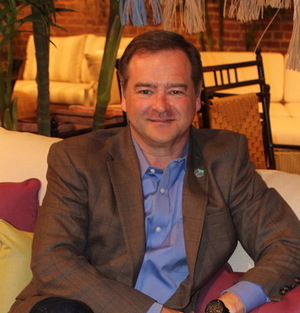
Echols believes the early buy won’t go away because we live in what he calls a “microwave society” where everybody wants everything now.
“There are only so many things a manufacturer can do in order to provide something quickly,” he says. “And the quickest way to provide something to somebody is to have it in stock. But there are also customers who want diversity and they’re willing to wait a little bit to get something that’s a little bit more unique to them. And that’s where I think the balance is going to have to be for our industry.”
So, if sales of outdoor become less seasonal and more year-round, will that be good for the industry, or overload it?
“I think it would be great,” McCollister says. “One of the biggest challenges we have to growth is our seasonality, and if that went away, I think the sky is the limit.”

